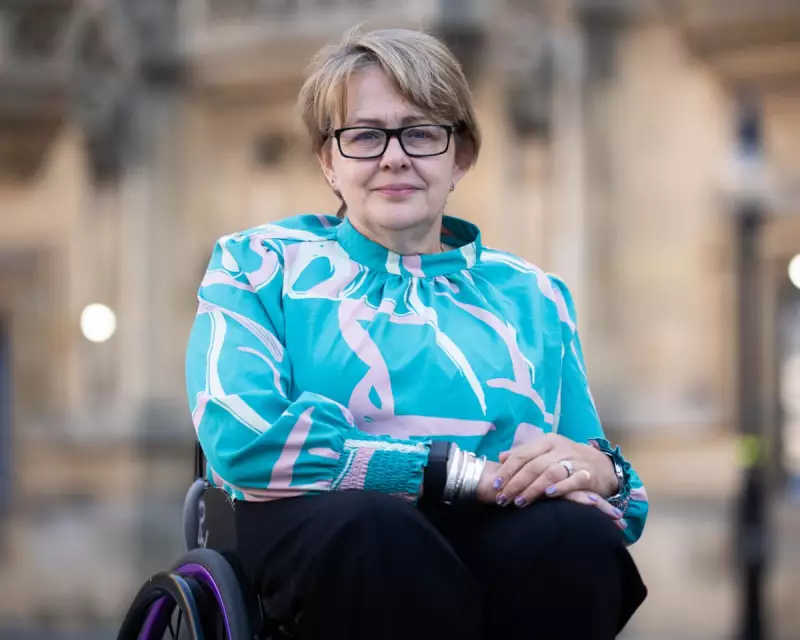
Alarming new evidence reveals that body image anxieties and clothing concerns are creating a silent crisis in girls' sports participation, with experts warning that deep-rooted taboos are preventing a generation of young women from staying active.
The Unseen Barrier
Research from Women in Sport shows that appearance-related pressures are having a devastating impact on girls' engagement with physical activity. The study, which surveyed over 2,000 secondary school students, found that body consciousness begins affecting girls as young as 11 and intensifies dramatically during teenage years.
"We're witnessing a worrying trend where girls are opting out of sports not because they lack ability or interest, but because they feel uncomfortable in their own skin," explains Dr. Sarah Thompson, lead researcher on the project.
Clothing Concerns and Changing Room Anxiety
The report highlights several key factors driving this disengagement:
- Uniform anxiety: 68% of girls reported feeling self-conscious in compulsory sports kit
- Changing room discomfort: 55% avoid team sports due to communal changing facilities
- Performance pressure: 42% worry about being judged on their appearance while exercising
- Period concerns: Nearly half of teenage girls skip sport during menstruation
"The traditional approach to sports clothing and facilities simply isn't working for today's young women," says Thompson. "We need to rethink everything from kit design to changing spaces to make sport genuinely accessible."
The Confidence Gap Widens
By age 17, the research shows a dramatic confidence gap emerges, with boys being twice as likely to describe themselves as "sporty" compared to their female peers. This isn't just about competitive sport - even casual physical activity and recreational exercise see significant drop-off rates among teenage girls.
The consequences extend far beyond the sports field, affecting mental health, social development, and long-term wellbeing. Girls who disengage from physical activity during their teenage years are less likely to return to exercise as adults, creating lifelong health implications.
A Call for Systemic Change
Experts are urging schools, sports clubs, and policymakers to take immediate action:
- Implement more flexible uniform policies with choice of clothing options
- Redesign changing facilities to provide greater privacy
- Train coaches and teachers to recognise and address body image concerns
- Develop sport programmes that focus on enjoyment rather than competition
"This isn't about making sport easier for girls - it's about making it more welcoming," concludes Thompson. "When we remove these barriers, we unlock potential that benefits everyone."
The findings come amid growing concern about declining physical activity levels among young people, with girls consistently showing lower participation rates than boys across all age groups and sports disciplines.





